In today’s interconnected world, where smartphones and other digital devices have become an integral part of our lives, concerns about privacy and data security are on the rise. Using various methods of both adding your lacation to your smartphone and using special programs like Detectico.
One particular concern that often arises is whether our location can be tracked without our knowledge or consent. In this article, we will explore the world of location tracking, how it works, the risks involved, and what you can do to protect your location privacy.
With the advancement of technology, location tracking has become a common feature in many devices and applications. It allows companies, governments, and even individuals to gather information about our whereabouts, enabling personalized services, targeted advertising, and location-based recommendations. While these benefits can be convenient, it’s essential to understand the potential risks and take steps to protect our privacy.
Understanding Location Tracking
Source: safepointgps.com
-
What is location tracking?
Location tracking refers to the process of determining the geographical position of an object or person. It involves collecting data about their latitude, longitude, altitude, and sometimes even their speed and direction. This data can then be used to track movement, analyze behavior patterns, and provide location-based services.
-
How does location tracking work?
Location tracking relies on a combination of technologies, including GPS (Global Positioning System), cell towers, Wi-Fi networks, and IP addresses. GPS, for example, uses satellites to pinpoint an individual’s location. Cell towers and Wi-Fi networks can triangulate signals to estimate a person’s position. IP addresses can provide an approximate location based on internet connections.
Types of location tracking methods
Source: businessnewsdaily.com
There are various methods used for location tracking. The most common ones include:
- GPS-based tracking: This method utilizes satellites to provide accurate location information.
- Network-based tracking: It relies on cell towers and Wi-Fi networks to estimate a user’s location.
- IP-based tracking: IP addresses are used to determine a user’s general location based on internet connections.
- Bluetooth and Wi-Fi tracking: Devices can be tracked based on their proximity to Bluetooth or Wi-Fi-enabled beacons or routers.
Can My Location Be Tracked?
Location tracking has become an inherent feature of modern smartphones, computers, and other devices. Let’s explore how different platforms and technologies track your location.
Location tracking on smartphones
Source: economictimes.indiatimes.com
Smartphones are equipped with GPS, Wi-Fi, and cellular capabilities, making them highly effective tools for location tracking. Apps and services often request access to your location data, claiming it’s necessary for features like mapping, weather updates, and personalized recommendations. While this can enhance user experience, it also opens the door for potential privacy concerns.
To track your location on smartphones, apps and services typically rely on a combination of GPS, Wi-Fi, and cellular network data. When you grant permission for an app to access your location, it can collect precise information about where you are at any given time. This data is then used to provide location-based services and targeted advertising.
However, it’s important to note that you have control over your location settings. You can choose to grant or deny access to your location data for each individual app on your smartphone. It’s recommended to review the permissions requested by apps and consider whether they truly need your location information to function properly.
Location tracking on computers and browsers
Source: pcmag.com
Location tracking on computers and browsers is typically based on IP addresses. When you connect to the internet, your device is assigned an IP address that can be used to determine your approximate location. This method is less precise than GPS-based tracking but can still provide a general idea of your whereabouts.
Browsers may also use other techniques like Wi-Fi positioning or HTML5 geolocation to gather more accurate location data. These features can be utilized by websites to offer location-based services or display relevant content. However, similar to smartphones, you have control over your browser’s location settings and can choose to disable or limit access to your location information.
Wi-Fi and Bluetooth tracking
Apart from smartphones and computers, location tracking can also occur through Wi-Fi and Bluetooth connections. Wi-Fi tracking involves the use of Wi-Fi-enabled devices and access points to track movement and gather location data. This method is often utilized in retail environments, where businesses can analyze customer behavior and offer personalized experiences.
Bluetooth tracking relies on Bluetooth-enabled beacons or devices to track individuals in proximity. It’s commonly used in indoor environments like shopping malls or airports to provide location-based notifications or navigation assistance. However, it’s worth noting that both Wi-Fi and Bluetooth tracking typically require the user’s consent or the presence of specific hardware devices.
Surveillance cameras and facial recognition
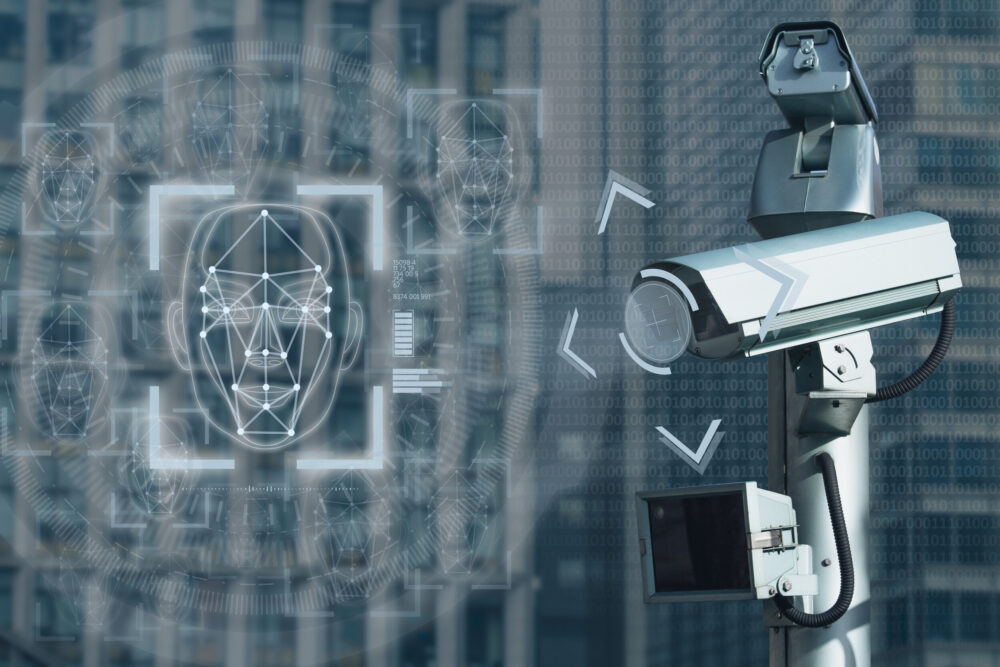
Source: thefacerecognitioncompany.com
In addition to digital tracking methods, surveillance cameras equipped with facial recognition technology can also track individuals’ locations. These systems use advanced algorithms to analyze facial features and match them with existing databases, allowing for identification and tracking. While surveillance cameras are often used for security purposes, concerns have been raised regarding their potential misuse and invasion of privacy.
Risks and Concerns
While location tracking can offer convenience and personalized services, it also raises several risks and concerns that individuals should be aware of.
Privacy implications
The primary concern with location tracking is the potential invasion of privacy. Your location data can reveal sensitive information about your daily routines, habits, and even your home address. If this data falls into the wrong hands or is mishandled by companies, it could compromise your privacy and potentially be used for malicious purposes.
Potential misuse of location data
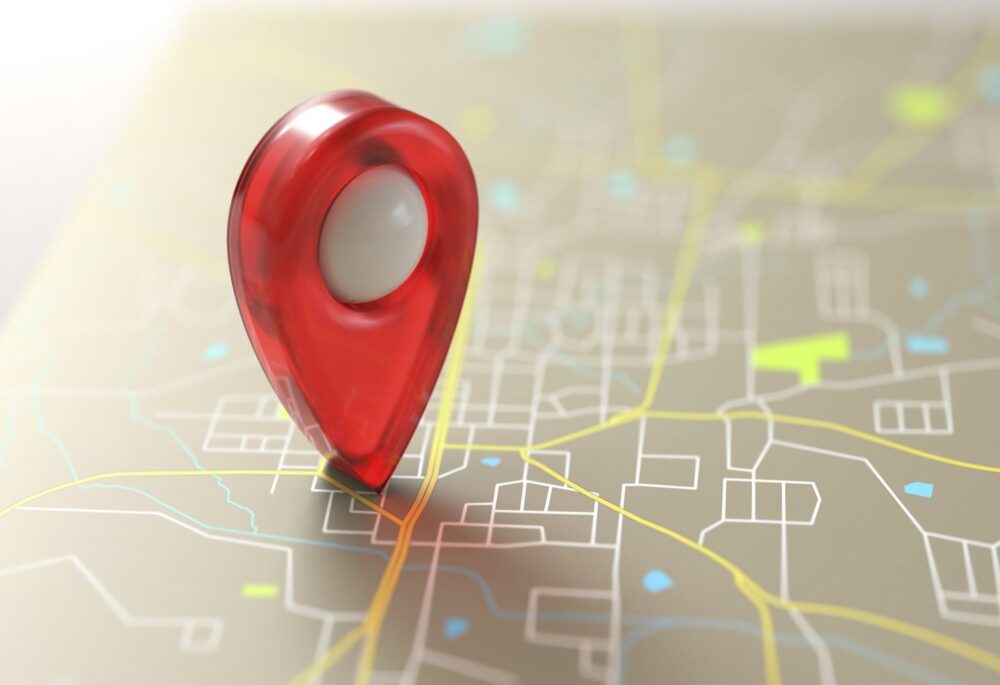
Source: lifewire.com
Location data can be misused or exploited in various ways. It can be used for targeted advertising, where companies track your movements and preferences to deliver personalized ads. There have been instances where location data was sold to third parties without the users’ knowledge or used to manipulate consumer behavior.
Additionally, location data can be used by criminals to track individuals and commit crimes such as stalking or burglary. Therefore, it’s crucial to be cautious about sharing your location information and to review privacy policies and terms of service before using location-based services.
Security vulnerabilities
Location tracking systems themselves can be vulnerable to security breaches. If hackers gain access to a database containing location data, it could result in significant privacy breaches and potential harm to individuals. It’s essential for companies and service providers to implement robust security measures to protect the location data they collect.
Protecting Your Location Privacy
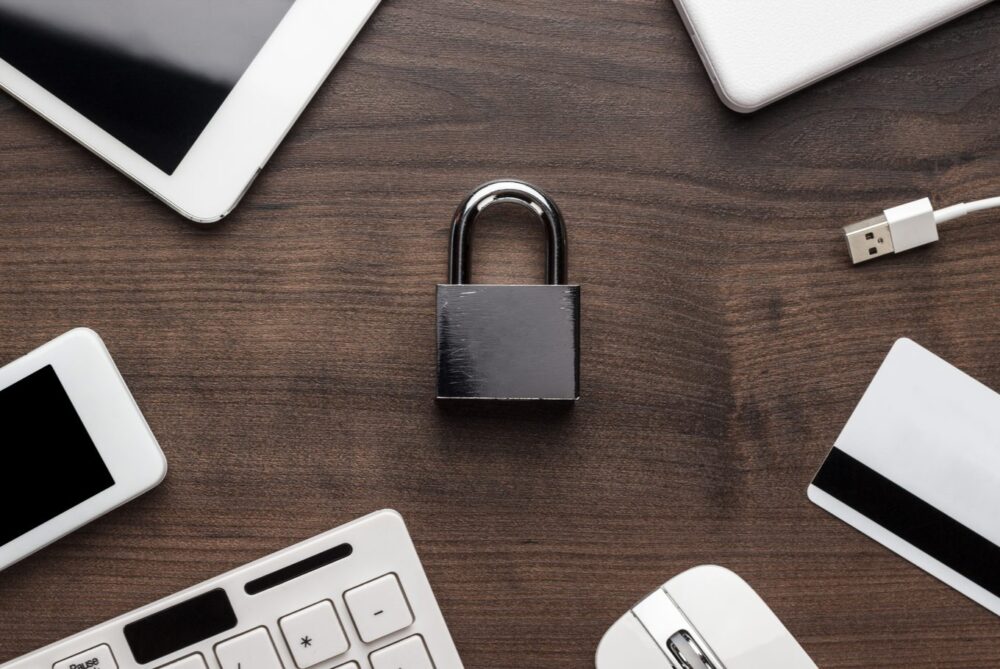
Source: thejakartapost.com
Protecting your privacy is crucial in today’s digital landscape. While it may not be possible to completely prevent location tracking, you can take steps to minimize the risks and maintain control over your personal information. Here are some effective measures you can implement:
Understanding privacy settings
Familiarize yourself with the privacy settings on your devices and applications. Take the time to review and adjust the location permissions granted to each app. Consider whether an app truly requires your precise location or if it can function adequately with approximate location data.
Disabling location services
When not needed, consider disabling location services on your smartphone or other devices. This can be done through the settings menu, where you can turn off GPS, Wi-Fi, and cellular location services. By doing so, you limit the amount of location data collected and minimize the chances of being tracked.
Using VPNs and encrypted connections

Source: bdtechtalks.com
Virtual Private Networks (VPNs) can add an extra layer of privacy and security by encrypting your internet connection. This makes it more difficult for third parties to intercept and track your online activities. Additionally, using encrypted connections, such as HTTPS, helps protect your data from being intercepted when accessing websites and services.
Being cautious with app permissions
Before installing a new app, carefully review the permissions it requests. If an app asks for unnecessary access to your location data or other sensitive information, consider whether you truly need the app and if it’s worth the potential privacy risks. Be selective in granting permissions and only provide access when it’s essential.
Limiting social media location sharing
Many social media platforms allow you to share your location with others. While this can be useful in certain situations, be cautious about who you share your location with and consider whether it’s necessary to disclose your precise whereabouts publicly. Adjust your privacy settings to limit location sharing to trusted individuals or turn it off altogether.
Legal Considerations
It’s important to understand the legal aspects surrounding location tracking and privacy. Here are some key considerations:
Data protection laws
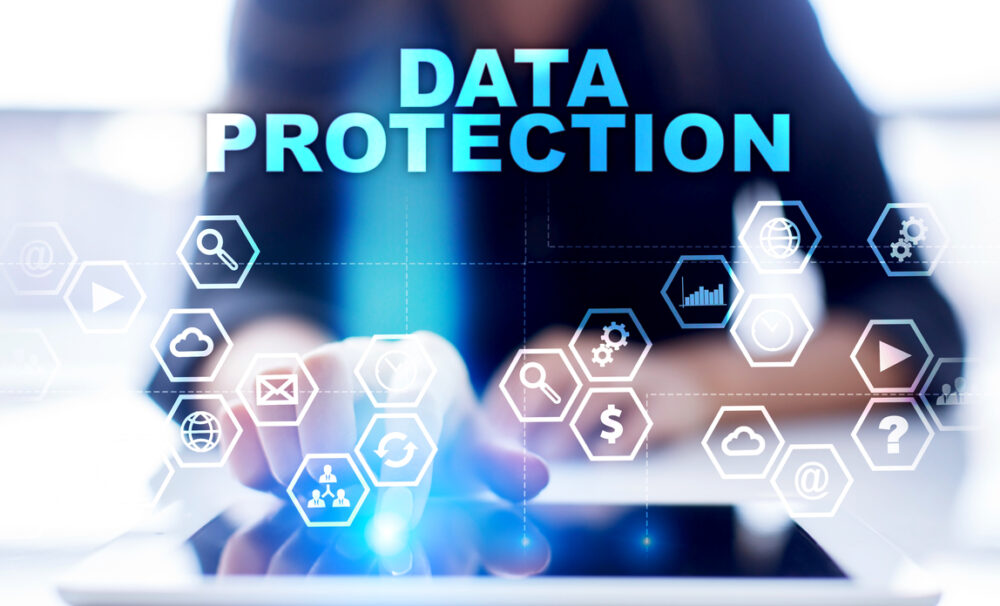
Source: dailynews.co.tz
Different countries have varying data protection laws and regulations that govern the collection, storage, and use of personal data, including location information. Familiarize yourself with the laws applicable in your jurisdiction to understand your rights and the responsibilities of companies that handle your location data.
Consent and user agreements
When using apps and services that involve location tracking, carefully read and understand the terms of service and privacy policies. Look for information on how your location data is collected, stored, and shared. Ensure that you provide informed consent before sharing your location information and be aware of any options to opt-out or limit data collection.
Government surveillance and regulations
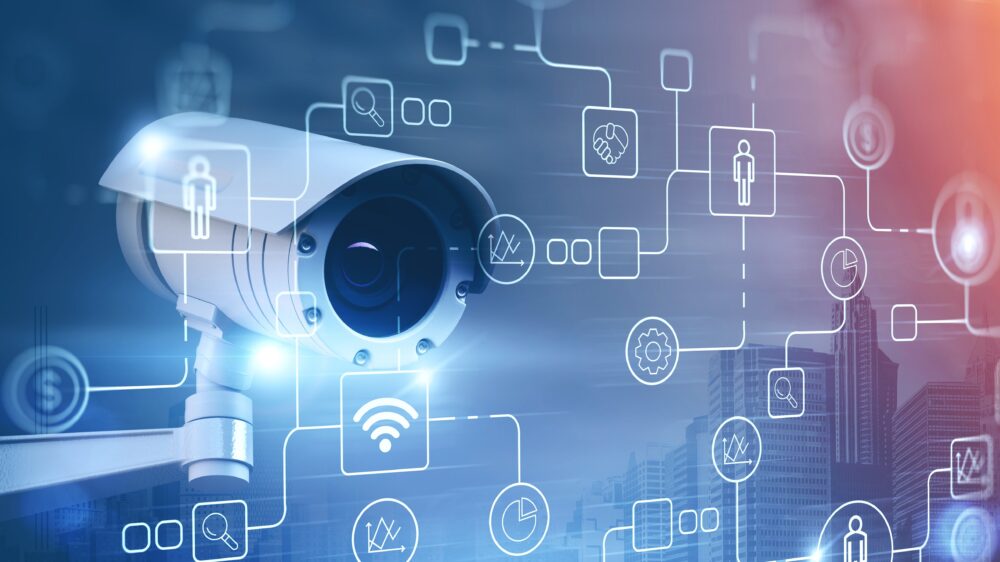
Source: cato.org
In some cases, government agencies may engage in location tracking for surveillance or law enforcement purposes. The laws governing such activities vary by country and jurisdiction. Stay informed about your rights regarding government surveillance and any regulations in place to protect citizen privacy.
Conclusion
Location tracking has become an integral part of our digital lives, offering convenience and personalized experiences. However, it also raises significant privacy concerns. While complete avoidance of location tracking may be challenging, understanding the methods used, the risks involved, and implementing privacy-enhancing measures can help protect your location privacy and maintain control over your personal information.
By being proactive in managing your privacy settings, limiting location sharing, and staying informed about legal considerations, you can navigate the digital landscape with greater confidence and protect your location privacy.

















